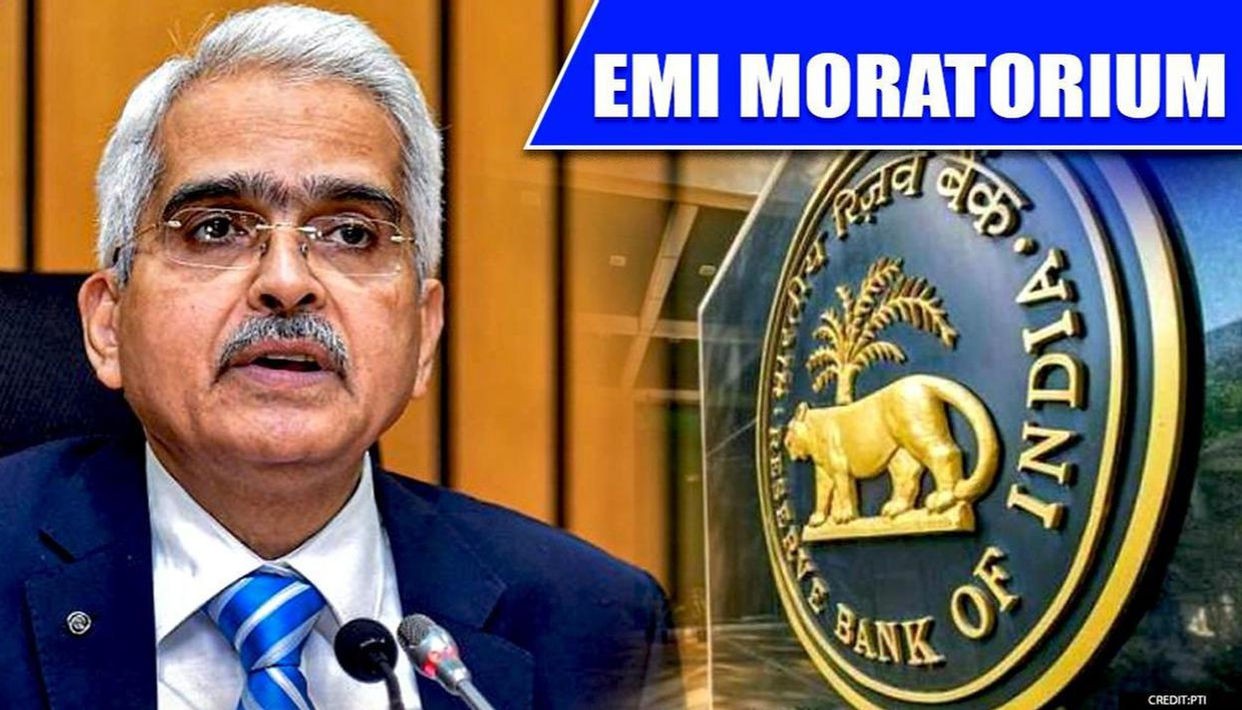You will not believe that there are not much takers for RBI’s 3-month loan EMI moratorium offered by various banks due to COVID-19 pandemic. Borrowers of mainly retail and corporate loans of many of the top banks seem to be staying away from availing the three-month EMI (Equated Monthly Instalments) moratorium under the Reserve Bank of India’s (RBI) Covid Relief Package. Though this number may increase as there is also no deadline or last date for borrowers to apply for moratorium; the requests continue to flow.
Why, few takers of Covid Relief Package ?
The relief on EMI for 3 months seem to be costly affairs for the loan borrowers as the three-month moratorium is a deferment of EMIs and not a waiver. The banks are either increasing the tenor of the loan with additional EMIs or adjusting the deferment amount in the existing EMIs over the life time of the loan.
Largest lenders like State Bank of India (SBI), HDFC, Axis Bank etc have informed that only 10-12% of of their borrowers have asked for a moratorium in the past two months. The majority of the borrowers falls under retail segments like Housing loan & personal loan with no regular salary/income.
There are also many instances where borrowers who have opted out from moratorium are coming back to take the benefit.
Read – What is RBI 3 Months Moratorium ?
Bankers say the most impacted sectors like MSMEs, hospitality, tourism, transportation are the ones availing the moratorium at maximum.
“MSME players are most vulnerable. Even if they have cash, they want to preserve cash flows for future contingencies,” says Padmaja Chunduru, Managing Director & CEO at Indian Bank.
The banks’ retail portfolio is largely salaried class with a major share of secured home loans. These customers haven’t opted for moratorium in big way. Many have realized it’s only deferment of EMIs and not a waiver.
Read – Should You Go For COVID-19 Personal Loan ?
The banks claim that there are good percentage of the private sector employees who have opted for moratorium even though they have enough money in their accounts and are receiving salaries. They probably want to conserve liquidity for any future contingencies as private sector employees fear pay cuts and job losses.

